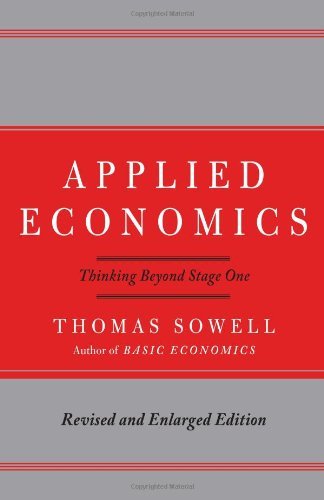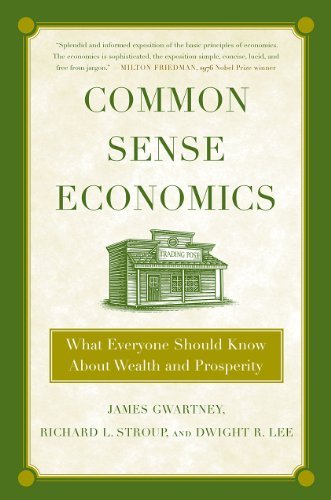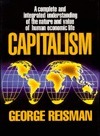
Basic Economics: A Citizen's Guide to the Economy
Book Description
Unlock the mysteries of the economy and discover how everyday choices shape society. "Basic Economics" takes you on a thrilling journey through the forces that drive markets, the invisible hand that guides decisions, and the real-world implications of policy choices. From trade dynamics to price shifts, every concept reveals a layer of complexity that impacts lives. It’s not just numbers and graphs; it’s the heartbeat of communities and nations. With each page, tension builds as the consequences of economic understanding unfold. Are you ready to see the world through a lens that could change everything?
Quick Book Summary
"Basic Economics: A Citizen's Guide to the Economy" by Thomas Sowell introduces readers to the foundational concepts that govern economic activity, demystifying complex principles to make them accessible for all. Sowell approaches economics as a series of decisions made by individuals, businesses, and governments in the face of scarcity. He explores how these choices influence prices, resource allocation, and social outcomes, emphasizing the real-world impacts of economic policies and institutional structures. The book uses historical anecdotes and clear examples to illuminate how global trade, regulation, and market incentives interact and shape societies. Throughout, Sowell argues that economic literacy empowers citizens, enabling them to understand the broader effects of fiscal and social policies. "Basic Economics" ultimately serves as an essential guide for anyone seeking to comprehend how economies function and how their mechanisms impact daily life.
Summary of Key Ideas
Table of Contents
Scarcity and Decision-Making
At the core of Sowell's analysis is the concept of scarcity, which prompts individuals and societies to make choices about resource allocation. Since resources are limited while human wants are infinite, every choice comes with an opportunity cost. Understanding this principle is foundational to making both personal decisions and public policies. Sowell illustrates how recognizing trade-offs leads to a deeper comprehension of why individuals, companies, and governments act as they do and how efficiency emerges from these aggregated decisions.
The Role of Prices and Markets
Prices serve as the critical mechanism for transmitting information about supply and demand in a society. Sowell explains how markets use prices to balance the desires of buyers and sellers, ensuring resources go to their most valued uses. He warns that when prices are artificially set by governments—through controls or subsidies—inefficiencies and misallocations often result. By tracing the ripple effects of price changes across the economy, the book shows how markets guide behavior even in unpredictable or challenging circumstances.
The Impact of Government Policies
Sowell dedicates substantial attention to the far-reaching implications of government intervention. He examines taxes, regulations, rent controls, and welfare policies, arguing that well-intended actions can yield negative unintended results. For example, price caps may cause shortages, while subsidies can distort resource allocation. By highlighting the complexity of policymaking and the limits of foresight, Sowell underscores the importance of rigorous cost-benefit analysis before implementing economic policies.
Trade and Globalization
Global trade, a recurring theme, is presented as a powerful driver of prosperity and specialization. Sowell breaks down how comparative advantage leads to increased efficiency and wealth when countries exchange goods and services, even when one nation is less productive across the board. He addresses common misconceptions about trade deficits and job losses, emphasizing that open markets foster innovation and opportunity, though they may also generate short-term disruption.
Unintended Consequences in Economics
Throughout the book, Sowell warns about the pervasiveness of unintended consequences in economics. Because decisions influence countless interconnected factors, outcomes frequently differ from intentions. Sowell reviews historical examples to show how policies crafted to help certain groups often end up harming them or others. He concludes that, above all, economic understanding empowers citizens to better evaluate complex political debates, fostering more informed decision-making and public discourse.
Download This Summary
Get a free PDF of this summary instantly — no email required.





